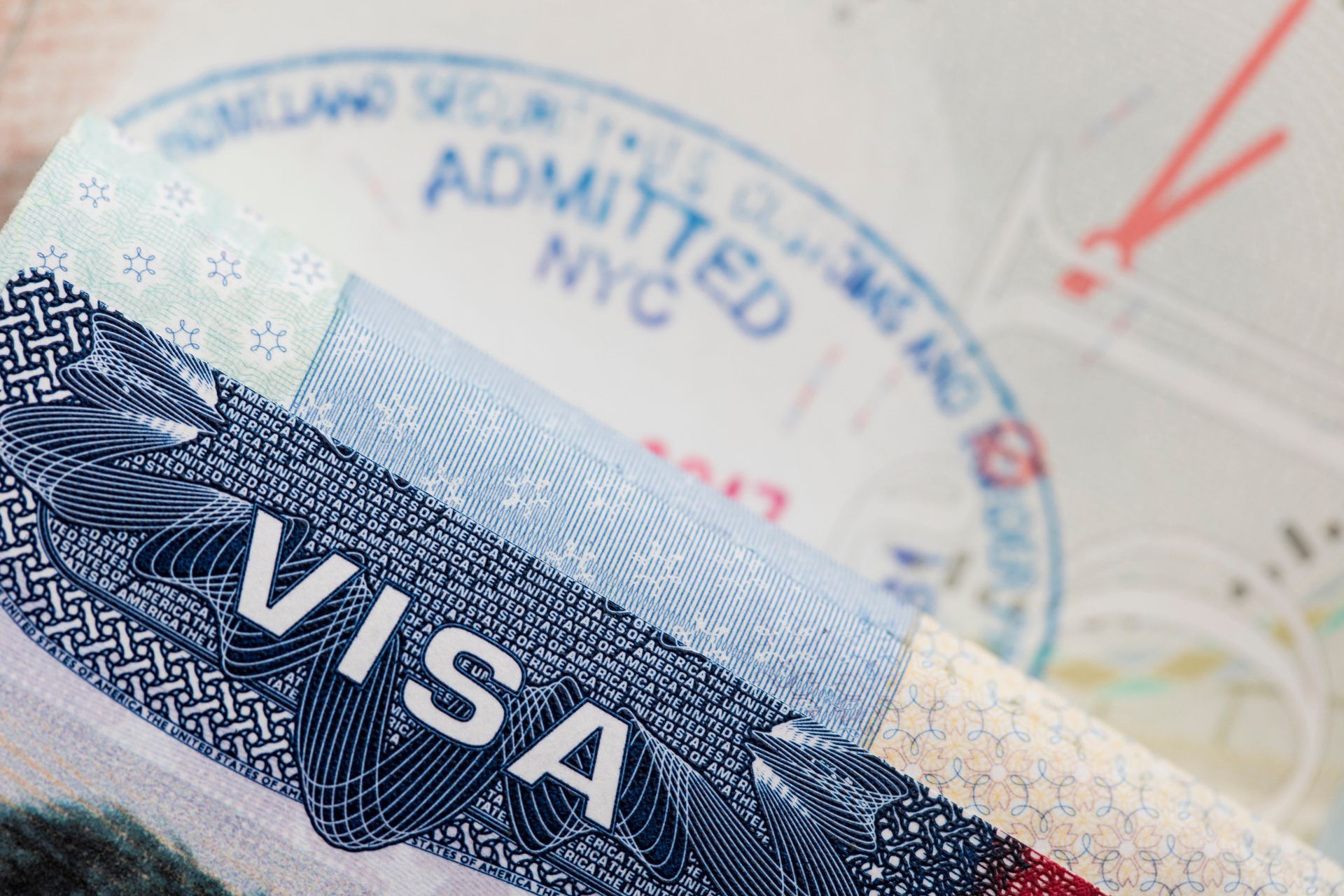Who Can Apply for Asylum in the United States?
Who Can Apply for Asylum in the United States?
Asylum is a form of legal protection granted to individuals who are unable or unwilling to return to their home country due to persecution or a well-founded fear of persecution. At Jeffrey Y. Bennett Law, we provide legal assistance to immigrants seeking asylum in the United States, guiding them through the complex legal process and advocating for their rights.
Eligibility Requirements for Asylum
To apply for asylum in the U.S., you must meet the following criteria:
1. Fear of Persecution
You must demonstrate that you have been persecuted or have a well-founded fear of persecution based on one or more of the following grounds:
- Race
- Religion
- Nationality
- Political Opinion
- Membership in a Particular Social Group
2. Physical Presence in the United States
Asylum seekers must be physically present in the U.S. or at a port of entry when applying. You can apply regardless of your immigration status.
3. Filing Deadline
You must apply for asylum within one year of your arrival in the U.S. However, exceptions are made if there are:
- Changed circumstances affecting your eligibility.
- Extraordinary circumstances that prevented you from applying on time.
Types of Asylum Applications
- Affirmative Asylum: Filed with U.S. Citizenship and Immigration Services (USCIS) by individuals not in removal proceedings.
- Defensive Asylum: Filed as a defense against deportation in immigration court for those in removal proceedings.
Benefits of Being Granted Asylum
If granted asylum, you can:
- Remain in the U.S. legally.
- Apply for a work permit.
- Petition to bring your spouse and children to the U.S.
- Apply for a green card one year after being granted asylum.
How Jeffrey Y. Bennett Law Can Help
Navigating the asylum process can be overwhelming, but having an experienced attorney by your side can make all the difference. At Jeffrey Y. Bennett Law, we provide compassionate, knowledgeable legal support to immigrants seeking asylum. From preparing your application to representing you in court, we’re here to ensure your rights are protected.
Contact us today for a consultation to discuss your case and explore how we can help you seek safety and stability in the U.S.











